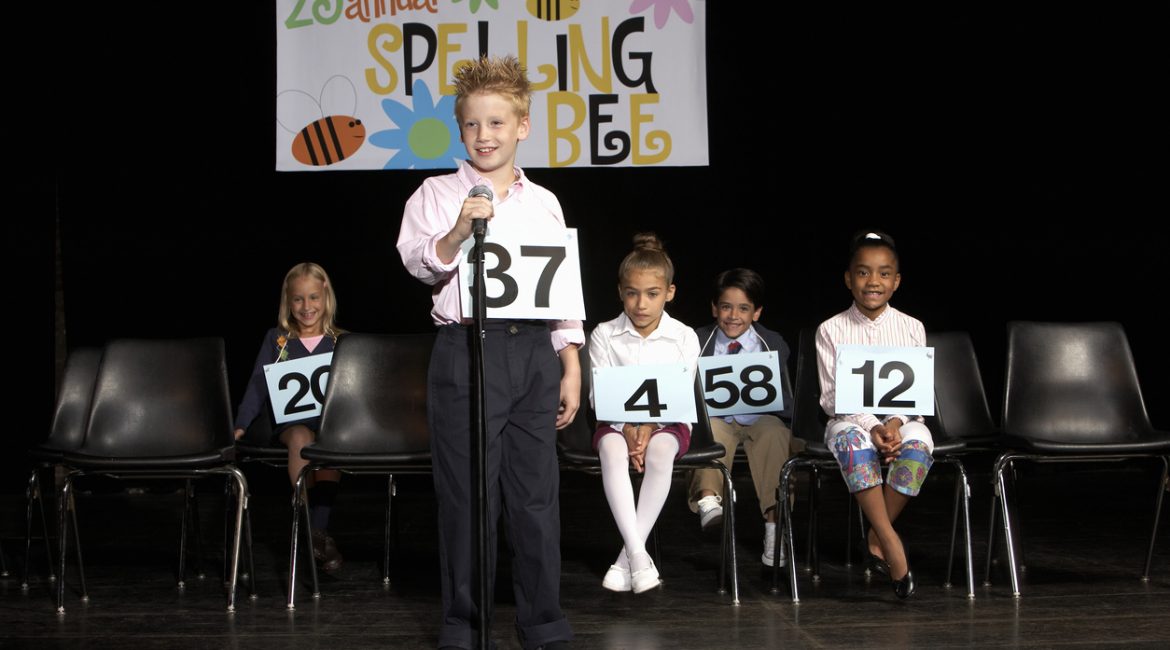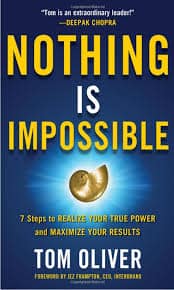I was never a great speller. That may be why I was always intrigued by spelling bees. When my son had a spelling bee the other night at the Middle School, I was so excited. Last year, he was so close to winning first place. Unfortunately, I was unable to attend last year due to a work commitment so when I had another work commitment this year, I steered clear of it and went to the Spelling Bee instead.
I sat in the audience with my husband in the second row. We watched as one child after the other marched to the microphone, was given a word, and he/she proceeded to spell it incorrectly.
“I’m sorry to say, that is incorrect,” a woman’s voice said.
The 40+ students dwindled down to 10 pretty quickly. My son was up.
“The word is hildabeest…”
“Can I have the language of origin?” he asked. They told him.
“Can you use it in a sentence?” he asked. They told him that too.
“Can you repeat the word?” he asked.
“hildabeest…” the teacher said.
“hildabeest?” my son said and the teacher shook his head.
After what seemed like an eternity, he correctly spelled the word.
Then it was down to six students –
- A brother and sister Asian team who wore glasses and were nicely dressed and very prepared for the Spelling Bee;
- a chunky black girl that wore her short hair in a headband and wore a simple black and white dress;
- a short sixth grade boy who wore a suit and had his hair properly in place;
- a long haired, blonde girl with big Annie Hall glasses wearing a dress and seeming very confident;
- and my son with curly hair wearing jeans and a nice button down shirt.
Quickly the black girl and the blonde haired girl were out. There were only four left. The sixth grade boy went to the front of the stage. He looked up to the sky and gave a little prayer before the teacher spoke.
“Ingenue,” the teacher said pronouncing the I as a small i.
The boy tried to repeat the word but couldn’t.
The teacher tried to say the word again. This time pronouncing the A like a hard A.
“Angenu,” the teacher said.
The boy never asked for the origin, the sentence or the definition and therefore tried to spell the word but was unable.
The word was “ingenue,” a French word meaning — a naive girl.
“I’m sorry, but you are incorrect,” the female teacher said. The boy came off the stage with his head hanging low. His mother stood to protest. They enabled her to listen to the recording of the pronunciation but she still thought it was improper. However, there was nothing she could do but take the little boy home.
There were three left on the stage. The brother and sister team and my son.
The girl spelled her word correctly. Then the brother went up and spelled his word incorrectly. My son went up and spelled his word incorrectly. Therefore, the sister won first place and my son and the brother tied for second.
I was so proud of him. He was confident, steady and quite funny on stage as he asked the teacher for the definitions, sentences and word origins. No one else did this.
Interestingly, he didn’t study. The brother sister team obviously did because they rattled off the spellings without even thinking. It made me more proud to know that he really is a good speller and a good student.
Who knows how he would have done if he studied?




